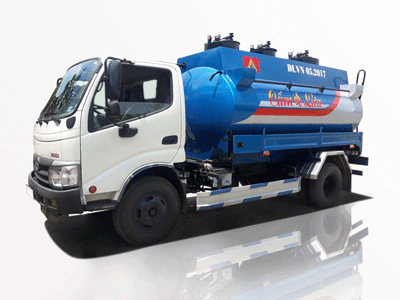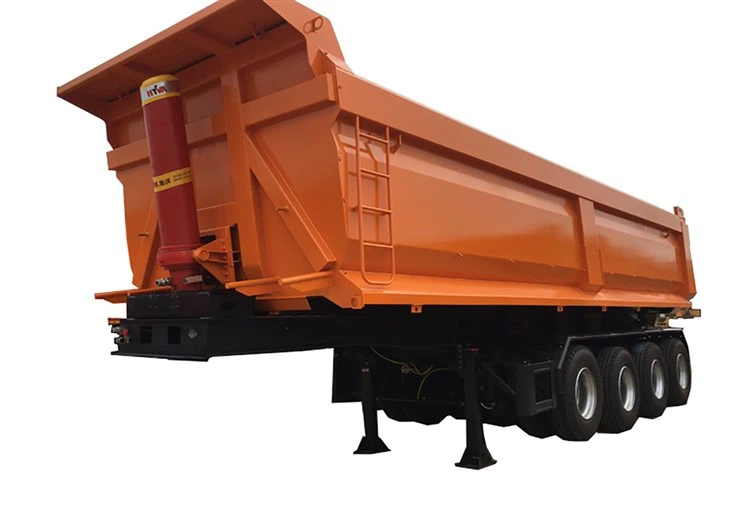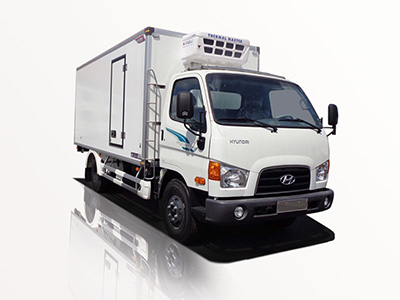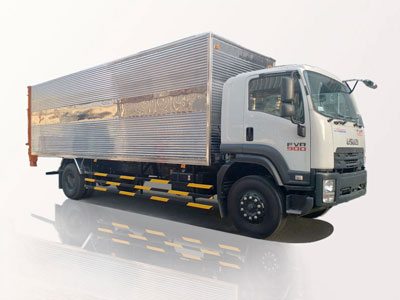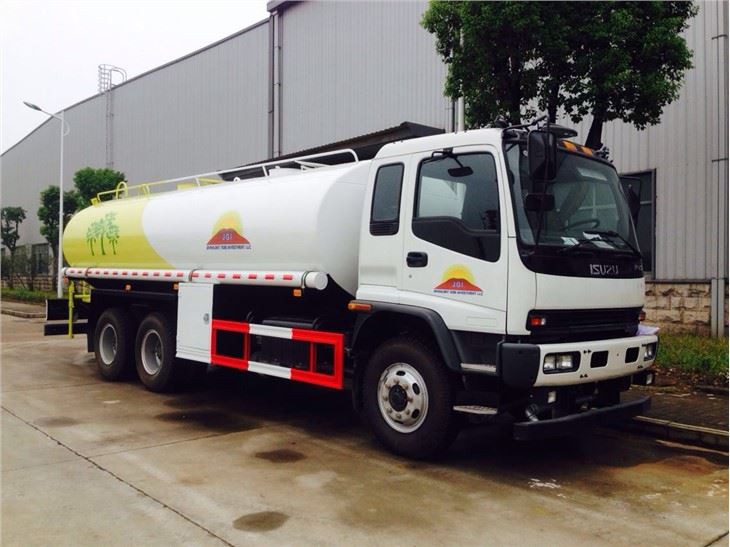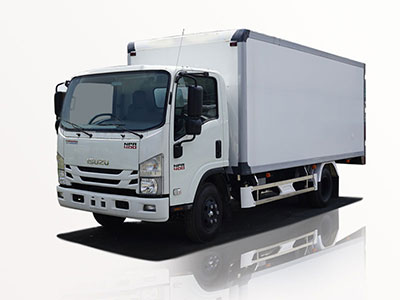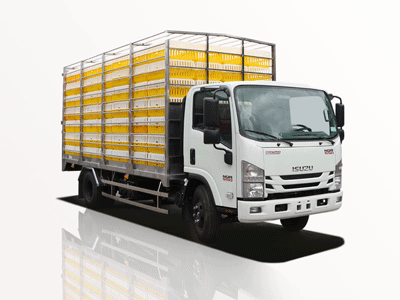Sewer cleaning trucks are essential vehicles for municipalities and private companies alike that require efficient waste management and maintenance of sewer systems. If you’re considering purchasing a sewer cleaning truck, this article will guide you through everything you need to know, from the types of trucks available to practical tips for making a smart investment. Whether you’re a seasoned professional or a novice buyer, this comprehensive guide is tailored to help you navigate your purchase.
Understanding Sewer Cleaning Trucks
What is a Sewer Cleaning Truck?
A sewer cleaning truck is a specialized vehicle designed to remove blockages, debris, and waste from sewer systems. These trucks typically feature high-pressure water jets and vacuum systems to efficiently clear pipes and keep sewer systems functioning properly.
Types of Sewer Cleaning Trucks
There are several types of sewer cleaning trucks, each designed for specific tasks. Here are the most commonly used models:
- Vacuum Trucks: These trucks use powerful vacuums to suck up debris, sludge, and other materials from sewer lines.
- Jetting Trucks: Equipped with high-pressure water jets, these trucks can blast away blockages in pipes and clean sewer lines effectively.
- Combination Trucks: These versatile trucks combine both vacuum and jetting capabilities, making them ideal for thorough sewer cleaning.
- Mini Sewer Cleaning Trucks: Smaller and more maneuverable, these trucks are perfect for urban areas and narrow streets.
Factors to Consider When Buying a Sewer Cleaning Truck
1. Purpose and Usage
Before purchasing a sewer cleaning truck, consider how you will use it. Are you servicing large commercial areas or smaller residential neighborhoods? Your answer will determine the size and features required.
2. Truck Size and Capacity
Different jobs require different truck sizes. Larger trucks generally have bigger tanks and can handle larger jobs, but they may not be suitable for narrow streets or tight spaces.
3. Engine Power and Efficiency
Diesel engines are commonly preferred for sewer cleaning trucks as they provide more torque and power. Look at the engine specifications; a more powerful engine will typically allow for better performance under heavy loads.
4. Technology and Features
Modern sewer cleaning trucks come equipped with a variety of technologies to enhance efficiency, such as GPS tracking, onboard diagnostics, and advanced control panels. Consider what features are essential for your operations.
5. Maintenance and Support
Research the availability of parts and service for the brand you intend to purchase. Reliable maintenance and support are crucial for minimizing downtime.
6. Price and Budget
Sewer cleaning trucks can range from $50,000 to over $500,000 depending on size, features, and manufacturer. Set a budget that includes potential maintenance and operational costs.
7. New vs. Used Trucks
Deciding whether to buy a new or used sewer cleaning truck can greatly affect your budget. While new trucks come with warranties, used trucks often provide significant savings. Evaluate the condition and history of used trucks before making your decision.
Where to Find Sewer Cleaning Trucks for Sale
Online Marketplaces
Websites like Truck Paper and eBay offer various listings for new and used sewer cleaning trucks. You can filter results based on specifications and budget.
Local Dealerships
Visiting local truck dealerships can provide the advantage of seeing trucks firsthand. They often have experienced sales staff who can answer questions and help you find a truck that meets your needs.
Auctions
Government and municipal auctions can be excellent opportunities to purchase a well-maintained sewer cleaning truck at a discounted rate. Keep an eye on auction schedules in your area.
Manufacturer Websites
Most manufacturers list their current inventory and available models online. This is a good starting point for researching and identifying what you want.
Practical Tips for Making a Purchase
1. Research the Brands
Different manufacturers have varying reputations, features, and support. Make a list of reputable brands you want to consider.
2. Take a Test Drive
If possible, take the truck for a test drive. This will give you firsthand experience of its handling, comfort, and features.
3. Inspect the Truck Thoroughly
Whether buying new or used, inspect the truck for any signs of wear or malfunction. Look for rust, engine condition, and the state of the tanks and hoses.
4. Ask for Service Records
If you’re considering a used truck, request service records. These documents can provide insights into how the truck has been maintained and its total operational history.
5. Get a Comprehensive Warranty
For new purchases, ensure you have warranty coverage for key components. This can protect your investment in case something goes wrong shortly after the purchase.
6. Compare Financing Options
If you’re planning to finance your purchase, compare different financing options from manufacturers, banks, and credit unions to find the best rates.
Maintenance Tips for Sewer Cleaning Trucks
Regular Inspections
Routine inspections are crucial for identifying potential issues before they become major problems. Check fluid levels, hoses, and connections regularly.
Cleaning the Tank
Keep the tank of the truck clean to prevent residue buildup, which can lead to clogs and odors. Regularly flush the system after use.
Keep Parts Lubricated
Lubricate moving parts as per the manufacturer’s instructions to ensure optimal performance and reduce wear and tear.
Schedule Professional Maintenance
Besides regular checks, schedule professional maintenance at recommended intervals to address any issues that may arise during operation.
Monitor Engine Performance
Pay attention to engine performance and pay attention to any warning lights that may indicate a problem. Early detection can save money on repairs.
Understanding the Regulations and Standards
Local and Federal Regulations
Before operating a sewer cleaning truck, understand the local regulations surrounding waste management and vehicle operation. Many areas have strict rules regarding waste disposal and transportation.
Safety Standards
Ensure that your sewer cleaning truck meets all safety standards required by local authorities. This includes proper signage, reflective materials, and safety equipment.
Case Studies: Successful Sewer Cleaning Operations
Case Study 1: Municipal Maintenance Program
A town in Texas used a combination sewer cleaning truck to maintain its sewer infrastructure. By adopting a proactive maintenance schedule, they reduced emergency callouts by 40% over two years.
Case Study 2: Private Contractor Success
A private contractor in California optimized its operations by investing in modern jetting trucks. Efficiency improved, allowing them to take on more clients and increase revenue by 25% in one year.
Case Study 3: Environmentally Friendly Practices
A city in Florida implemented an eco-friendly sewer cleaning program using vacuum trucks with lower emissions. Not only did this reduce the environmental impact, but it also garnered community support and trust.
FAQ Section
1. What should I look for in a sewer cleaning truck?
Look for size, capacity, power, technology, and overall condition. Consider your specific operational needs and budget when making this decision.
2. How much does a sewer cleaning truck cost?
Prices can vary significantly, ranging from $50,000 to over $500,000, depending on whether it’s new or used and what features it includes.
3. Is it better to buy new or used?
It depends on your budget and needs. New trucks come with warranties and the latest technology, while used trucks can save you money if they are in good condition.
4. How often should I maintain my sewer cleaning truck?
Regular inspections should be performed daily or weekly, while comprehensive maintenance should be scheduled according to the manufacturer’s recommendations.
5. Can I finance a sewer cleaning truck?
Yes, many manufacturers and financial institutions offer financing options tailored to commercial vehicle purchases, including sewer cleaning trucks.
6. What regulations should I be aware of when operating a sewer cleaning truck?
Check local and federal regulations regarding waste management, disposal methods, and safety standards for transportation and operation of sewer cleaning trucks.
